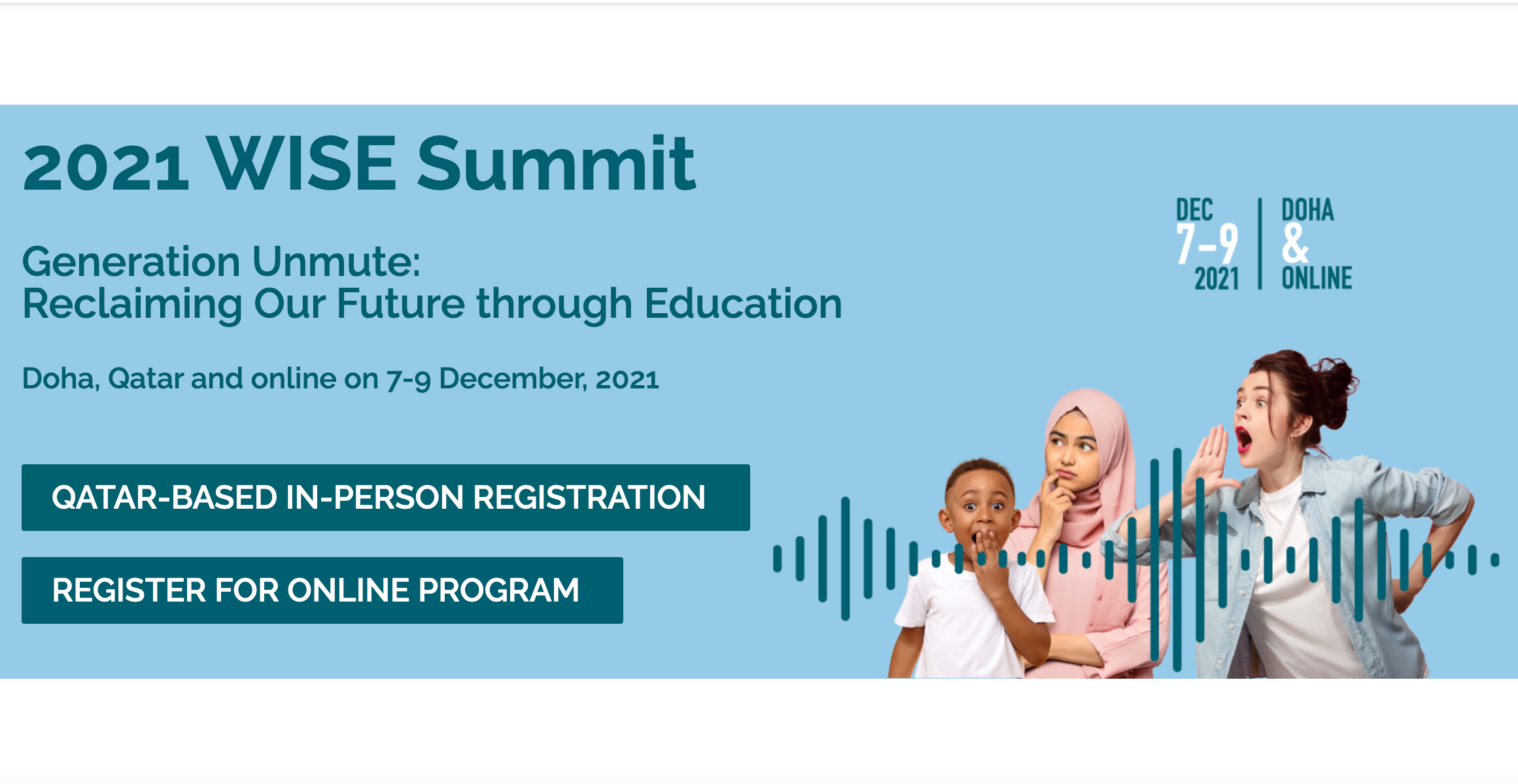Andrew McCusker speaks at Wise Qatar 2021

“Where’s my seat?” | The Case for Investing in 66 million New Seats in Affordable Non-State Schools
On the 9th December 2021, Andrew McCusker, Head of EduFinance delivered a presentation as part of the 2021 WISE Summit.
Session Outline:
An estimated 66 million additional seats need to be created in the non-state education sector over the next 5 years to meet growing demand by families in low- and middle-income countries. School owners are eager to make investments to meet this need and expand their schools’ capacity, evidenced by data indicating a US$10.3 billion demand for school improvement loans across low- and middle-income countries. Despite this investment opportunity, there remains a massive gap in access to private capital to invest into the global education sector.
In response to the education crisis - exacerbated by school closures during the pandemic - Opportunity EduFinance is implementing a global response for unlocking private capital in the affordable non-state education sector and deploying a model towards the improvement of education quality and child learning outcomes. While EduFinance has unlocked over US$435 million in private capital for the education sector to date, it is not enough. Many rural banks and microfinance institutions that are willing to go down-market and invest in affordable local schools - which could have massive impact on education access – are limited by institutional capital constraints. Without access to affordable private capital, the role that they can play a role in closing the education gap is constrained.
Despite global gains in education over the last two decades, access to quality education for millions of children in low- and middle-income countries remains scarce. The world entered the COVID-19 pandemic with an estimated 617 million children worldwide not learning basic numeracy and literacy skills, which included approximately 258 million out-of-school children. Due to the pandemic, this number is only increasing as non-state schools close permanently and the most vulnerable students may never return to the classroom. Our session will also highlight how providing additional school seats can help accelerating the post-covid recovery.